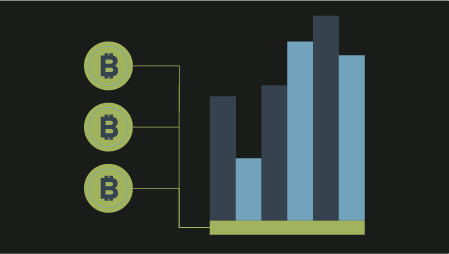Robotic Process Automation (RPA), which is responsible for automating business processes in banks, is one of the major innovations that has been a gamechanger in the banking industry. RPA has quickly become an important technological innovation that is going a long way to make a difference in the Indian banking sector. Some banks have already adopted RPA in their banking practices and, with the help of FinTech, are defining the future of banking.
RPA combines automation with artificial intelligence to successfully assist in the effective dispensation of banking activities to manage banking activities, as well as to help banks comply more closely with regulators.
The application of RPA has led to an increase in the productivity of the banking service in relation to the automation of regular banking duties. This is made possible by the use of robots that have been technologically equipped with artificial intelligence, enabling them to perform manual banking activities faster and more efficiently than humans. Some of these activities include account opening, customer service, processing of credit cards, processing of loans, and customer onboarding.
Account opening can sometimes be stressful as a result of the long period of time it takes to validate customer information and is a common theme in the Indian banking sector. RPA makes it easier and faster for this task to be done to spare customers from going through this experience when they want to open bank accounts. RPA is designed to assist banks faster in the validation of customer information ranging from their identity to their financial records. It also performs all the necessary checks to determine whether customers comply with the rules on banking compliance.
Customer service is essentially the most important determinant of a bank’s success or failure in terms of its business transactions and relations with their customers. RPA tackles the issue of bank employees’ inability to attend to their clients who want to make inquiries whenever there is an abundance of workload in the bank at that moment. RPA provides the right automation tools that make it possible to avoid these issues without affecting the quality of customer service provided by banks.
RPA tools also ease the amount of time it takes to process and activate credit cards. One of the issues surrounding the processing and activation of credit cards is the long time it takes for them to be processed. RPA tools resolve these issues by taking care of the validation and compliance rules faster and also alerts the bank on any concerns that may come up from the process in order for them to take action to address them. As a result, customers can get access to their cards faster. The same thing also applies to the processing of loans.
With regards to customer onboarding, RPA takes care of it by filling all customer-related information automatically by taking into account the previously available data of the customer. By matching it with previous data, the RPA software carries out the validation of the identity of the customer and begins the onboarding process once the validation is finally done. The whole procedure is very fast and more accurate, which in effect helps financial institutions to get clients on board faster and thus improve the customer’s experience.
RPA is cost-effective to implement in banks for its value. RPA software, through its automation tasks, reduces the costs involved in carrying out banking activities compared to the costs involved in paying people to carry out those activities.




